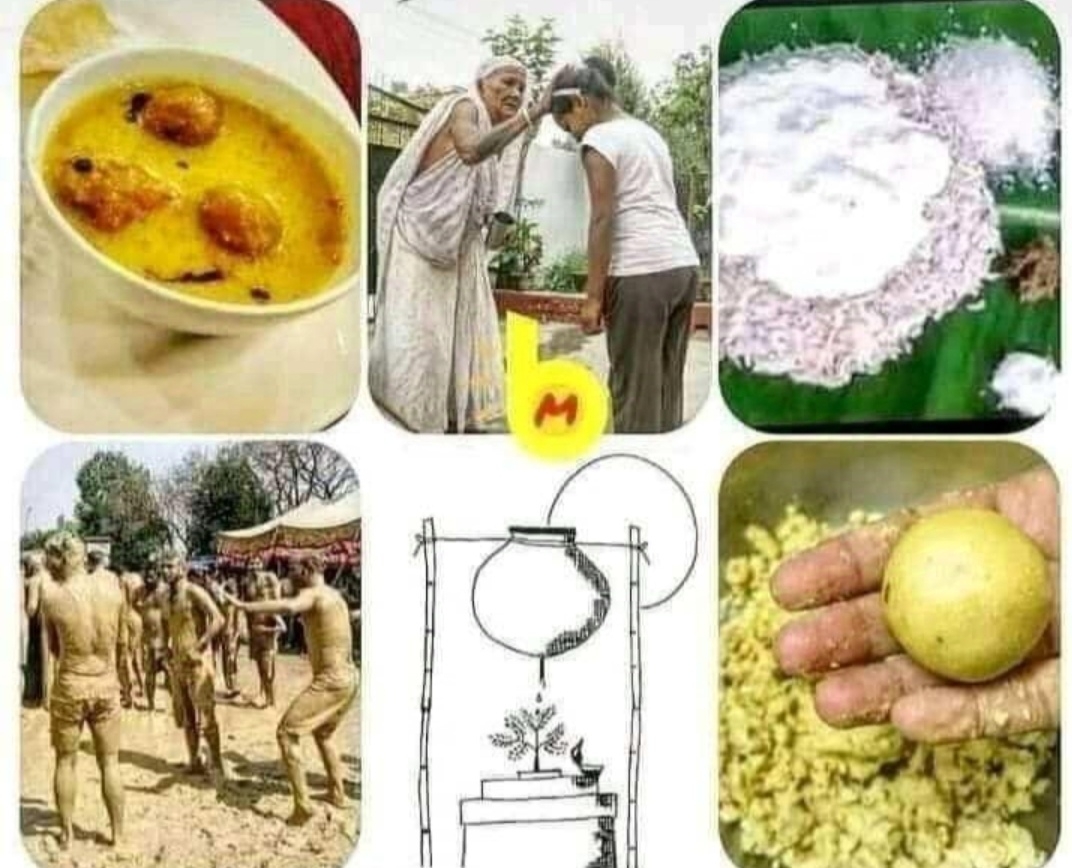Veer Savarkar: Life and Legacy (28 May 1883 – 26 February 1966)
Veer Savarkar: Life and Legacy (28 May 1883 – 26 February 1966)
Introduction
Vinayak Damodar Savarkar, popularly known as Veer Savarkar, was a great revolutionary, thinker, politician, lawyer, poet, and writer of the Indian freedom movement. He is considered one of the main pillars of the ideology of Hindutva. His life was a unique saga of struggle, sacrifice, and dedication to his beliefs.
Early Life and Education
Veer Savarkar was born on 28 May 1883 in the village of Bhagur in Nashik district, Maharashtra. His father was Damodar Pant Savarkar and mother Radhabai Savarkar. He belonged to a Chitpavan Brahmin family. From a young age, Savarkar showed leadership skills and a deep sense of patriotism.
He completed his early education in Nashik. In 1901, he passed the matriculation examination and enrolled in Fergusson College in Pune. An exceptionally brilliant student, he was inspired by nationalist ideals. As a teenager, he drew inspiration from stories of Shivaji and other Maratha heroes and resolved to rebel against British rule.
Revolutionary Activities
In 1904, Savarkar and his friends founded a revolutionary organization called Abhinav Bharat. Its main aim was to overthrow British rule. In 1905, during the partition of Bengal, Savarkar organized bonfires of foreign clothes to awaken public consciousness against the British.
Revolutionary Activities in London
In 1906, with help from Shyamji Krishna Varma, Savarkar went to England to study law at Gray's Inn Law College. While pursuing his studies, he remained actively involved in revolutionary activities and became the leader of India House, a hub for Indian revolutionaries in London.
He authored the book "The First War of Indian Independence", in which he described the 1857 revolt not as a mere rebellion (mutiny), but as India’s first war for freedom. The British government banned the book, yet it was clandestinely circulated in India.
Arrest and Sentence of Kalapani
In 1909, Madanlal Dhingra, a close associate of Savarkar, assassinated British official Curzon Wyllie. As a result, the British arrested Savarkar in 1910 in London for sedition. During his deportation to India, he attempted a daring escape at the port of Marseilles, France, but was recaptured.
In 1911, the British sentenced him to two life terms (50 years) of imprisonment and sent him to the infamous Cellular Jail in the Andaman Islands (Kalapani).
Harsh Conditions in Cellular Jail
In the Cellular Jail, Savarkar endured inhumane torture. He was forced to extract oil from copra like a bull. Despite the hardship, he composed poems and essays in prison. He wrote famous pieces like “Jayostute” while incarcerated.
It is said he wrote on prison walls using nails and charcoal. Even in jail, he inspired other prisoners with nationalist thoughts and encouraged unity.
In 1921, due to efforts from Gandhi and other leaders, Savarkar was released, though the British banned him from political activities and placed him under house arrest in Ratnagiri, Maharashtra.
Hindutva and the Hindu Mahasabha
While in Ratnagiri, Savarkar developed his ideology of Hindutva. In 1923, he wrote the book “Hindutva: Who is a Hindu?” in which he elaborated on the concept of a Hindu nation.
In 1937, he became the president of the Hindu Mahasabha and advocated for India to become a Hindu nation. He supported the Two-Nation Theory, stating that Hindus and Muslims had distinct cultural identities.
World War II and Indian Army
During World War II (1939–1945), Savarkar encouraged Indian youth to join the British Army, believing that military training would eventually help in India's struggle for freedom.
Gandhi’s Assassination and Savarkar’s Trial
On 30 January 1948, Mahatma Gandhi was assassinated by Nathuram Godse. Since Godse was once a follower of Savarkar, Savarkar was accused of being part of the conspiracy.
However, due to a lack of concrete evidence, the court acquitted Savarkar in 1949.
Death and Legacy
In 1964, Savarkar renounced public life and adopted a path of voluntary death (Atma Samarpan). He gave up food and medicines and passed away on 26 February 1966 in Mumbai.
Legacy and Ideological Impact
Savarkar remains a controversial figure. His supporters hail him as a nationalist, visionary, and a pioneer of Hindu consciousness. Critics, however, accuse him of supporting communal and divisive politics.
Contributions of Veer Savarkar
- Revolutionary Freedom Struggle – Supported armed resistance against British rule.
- Philosophy of Hindutva – Defined the concept of a Hindu nation.
- Political Thought – Participated in politics through the Hindu Mahasabha.
- Literature and Writings – Authored important works such as "The First War of Indian Independence", "Hindutva", "Moplah", and the poem “Jayostute”.
Conclusion
Veer Savarkar’s life was a symbol of sacrifice and struggle. He was a great revolutionary, writer, thinker, and politician. While his ideas remain a subject of debate, his role as a prominent figure in India’s freedom struggle is undisputed. His legacy continues to influence Indian politics and society even today.




टिप्पणियाँ
एक टिप्पणी भेजें